ORPHAN (2009)
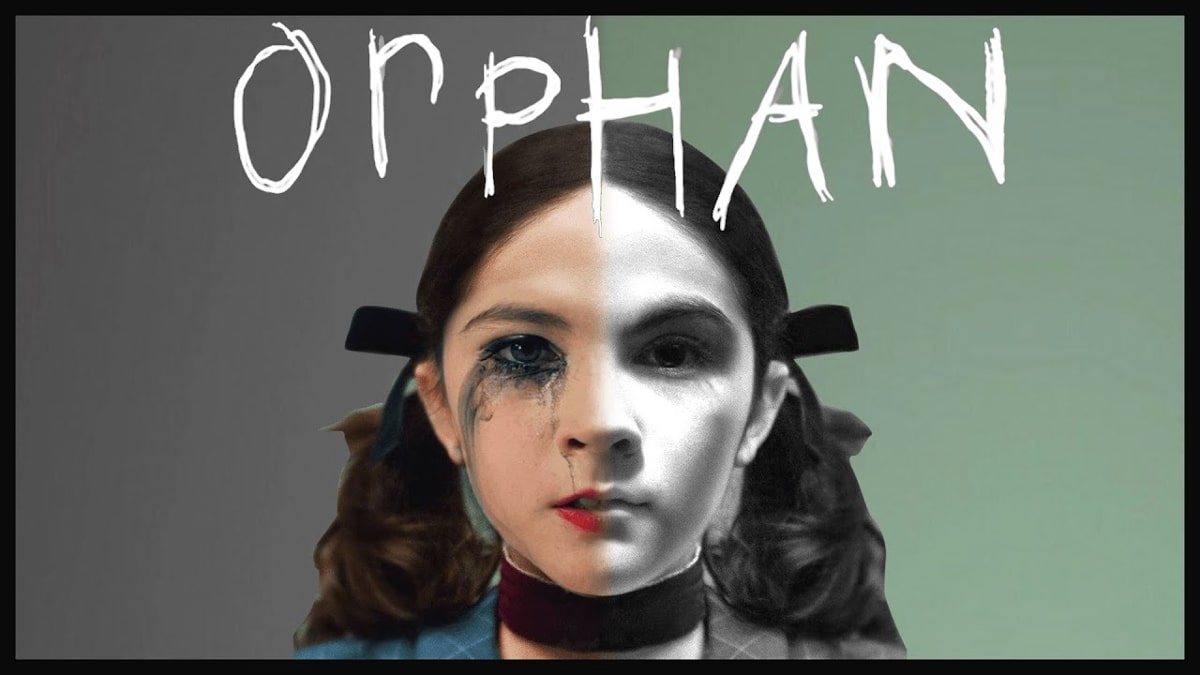
“Orphan,” released in 2009, is a chilling psychological horror film directed by Jaume Collet-Serra and written by David Leslie Johnson, based on a story by Alex Mace. The film stars Vera Farmiga and Peter Sarsgaard as Kate and John Coleman, a couple who, after the tragic loss of their own child, decide to adopt a 9-year-old girl named Esther, portrayed by Isabelle Fuhrman. The film’s unsettling exploration of themes such as grief, deception, and the darker aspects of human nature makes it a standout entry in the horror genre.
The narrative begins with a heart-wrenching scene that sets the tone for the film. Kate, a recovering alcoholic, struggles to cope with the loss of her daughter, and her husband, John, wants to help her heal by expanding their family. They decide to adopt a child from an orphanage, where they meet Esther, a seemingly intelligent and talented girl with a passion for art. Initially, Esther appears to be the perfect addition to their family, displaying charm and sophistication beyond her years.
However, as the story unfolds, it becomes clear that Esther is not what she seems. Her behavior becomes increasingly erratic, and she begins to manipulate those around her, particularly targeting Kate, who grows suspicious of Esther’s intentions. The tension escalates as Esther’s dark past is gradually revealed, showcasing her unsettling obsession with John and her disdain for Kate. This psychological game of cat and mouse keeps the audience on edge, as they are drawn into the complexities of Esther’s character and the chilling atmosphere that surrounds her.
Isabelle Fuhrman delivers a haunting performance as Esther, skillfully portraying the character’s unsettling blend of innocence and malice. Her ability to oscillate between vulnerability and menace adds layers to the role, making Esther a captivating and terrifying figure. Vera Farmiga shines as Kate, embodying the character’s emotional turmoil and desperation as she grapples with the reality of her adopted daughter. The dynamic between Kate and Esther is particularly compelling, as it encapsulates the film’s exploration of motherhood, trust, and the protective instincts that arise in the face of danger.
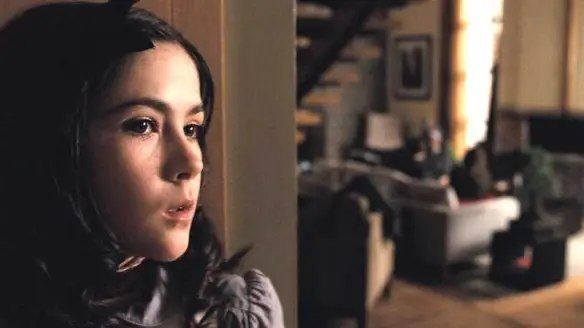
Peter Sarsgaard plays John Coleman, who initially remains oblivious to the growing threat posed by Esther. His character serves as a counterbalance to Kate’s increasingly paranoid perceptions, creating tension within their marriage as Kate’s concerns are dismissed. The film effectively explores the strain that trauma and grief can place on relationships, illustrating how differing perspectives can lead to misunderstandings and conflict.
The film’s direction by Jaume Collet-Serra is notable for its effective use of suspense and atmosphere. The cinematography captures the eerie ambiance of the Coleman home, utilizing dim lighting and shadow to create a sense of foreboding. Collet-Serra expertly builds tension through carefully crafted scenes that lead to shocking revelations, keeping viewers engaged and invested in the unfolding drama. The pacing is skillfully handled, with moments of calm interrupted by sudden bursts of horror that leave audiences breathless.
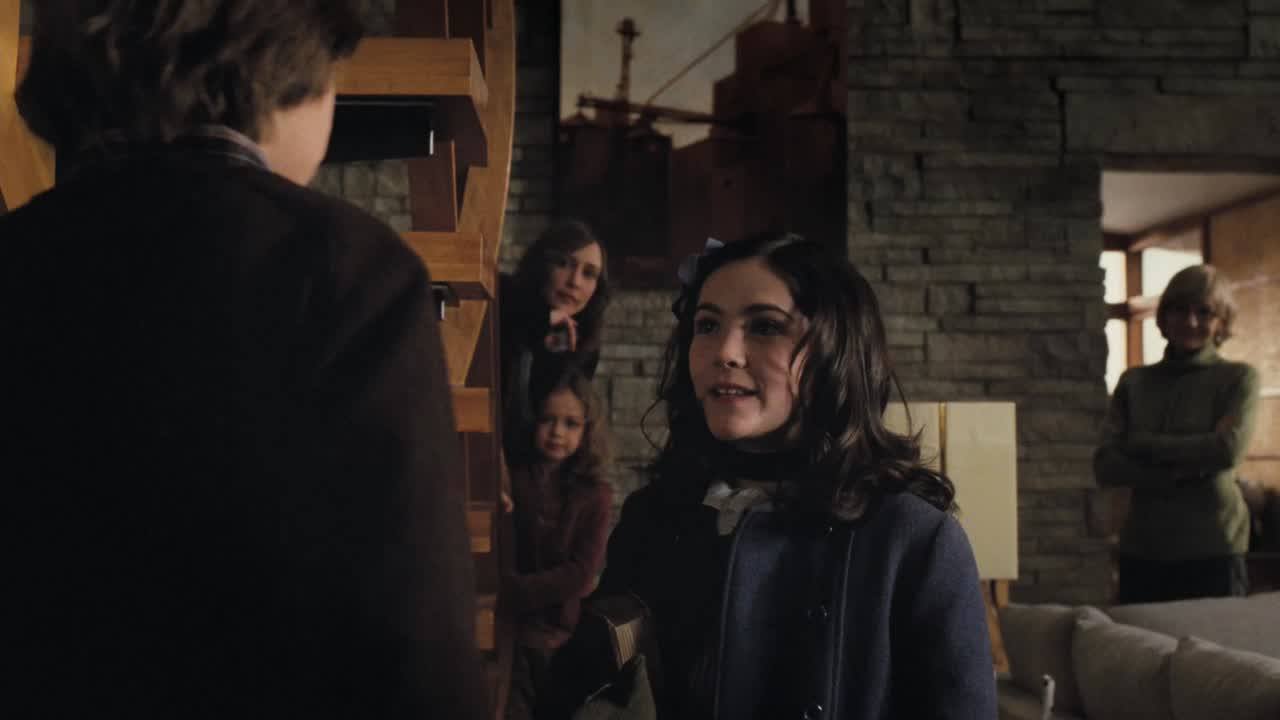
Another significant aspect of “Orphan” is its exploration of psychological themes, particularly the nature of evil and the impact of trauma. As Esther’s true identity is revealed, the film raises questions about the origins of her malevolence and the potential for darkness within all individuals. The narrative delves into the complexities of mental illness, abuse, and the consequences of unresolved trauma, adding depth to the horror elements and prompting viewers to reflect on the nature of the characters’ actions.
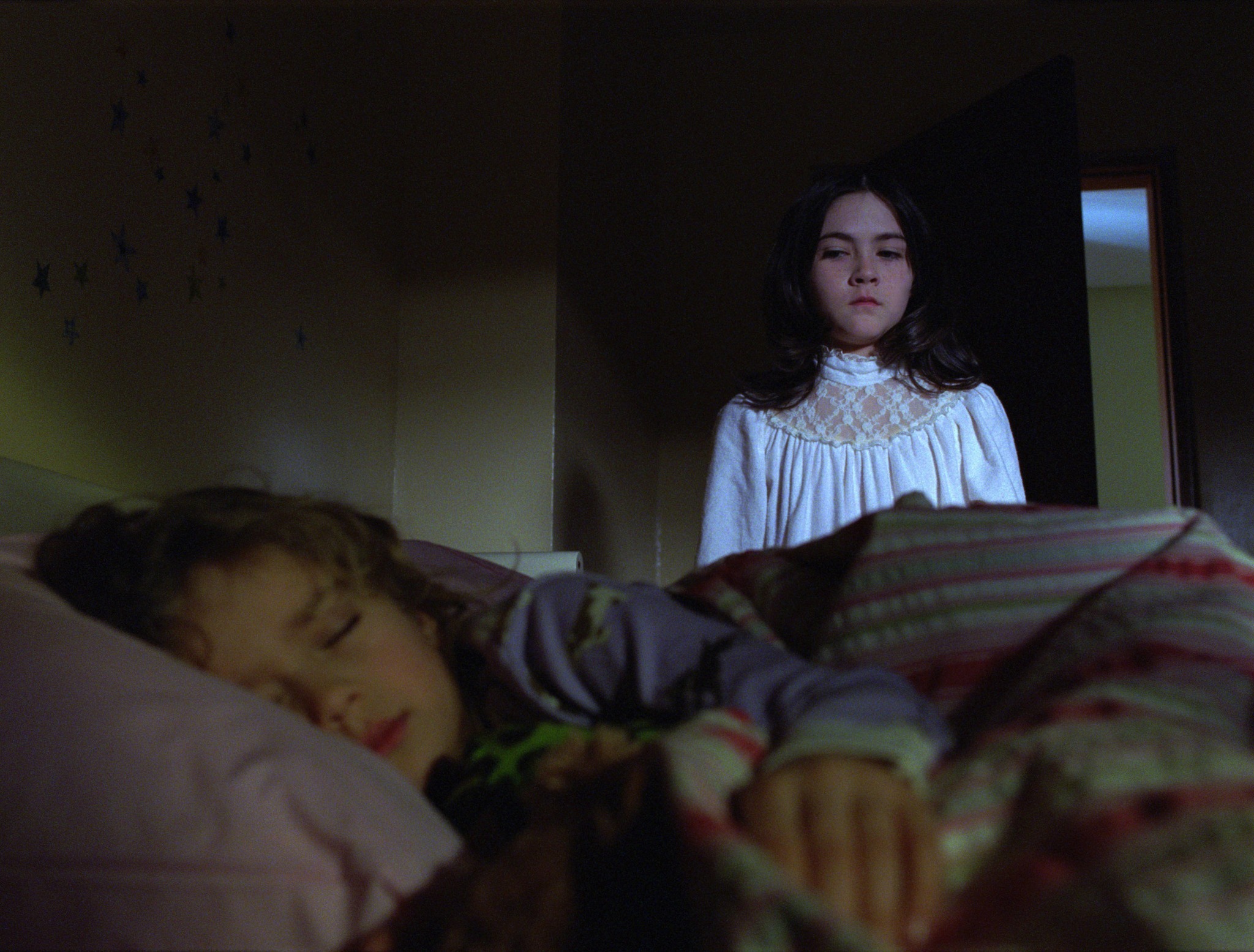
The film’s climax is both shocking and thought-provoking, culminating in a series of intense confrontations that reveal the depths of Esther’s deception. The twist ending is a defining moment that leaves audiences stunned and questioning everything they thought they knew about the characters. It challenges perceptions of innocence and villainy, showcasing how appearances can be deceiving.
Upon its release, “Orphan” received mixed reviews from critics but has since gained a following among horror enthusiasts for its unique premise and strong performances. It stands out in a genre often characterized by formulaic plots, offering a fresh take on the psychological horror narrative. The film’s ability to blend horror with emotional depth resonates with viewers, making it a memorable entry in the genre.
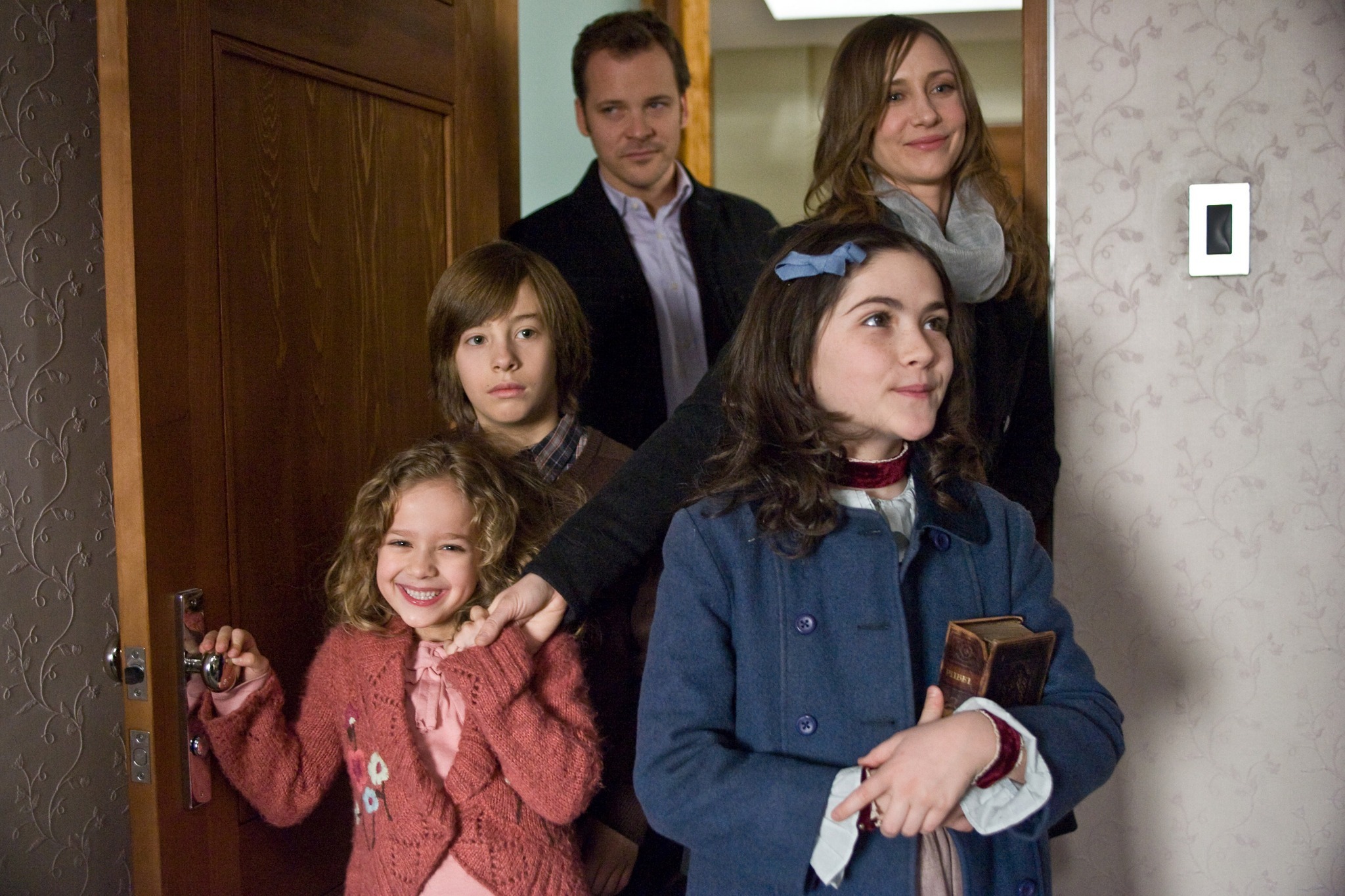
In conclusion, “Orphan” is a gripping psychological horror film that skillfully combines suspense, strong performances, and thought-provoking themes. With its exploration of motherhood, trauma, and the nature of evil, the film transcends typical horror tropes, leaving a lasting impression on audiences. The unsettling character of Esther serves as a chilling reminder of the complexities of human nature and the darkness that can lurk beneath the surface. For fans of psychological thrillers, “Orphan” is a must-see that continues to haunt long after the credits roll.











